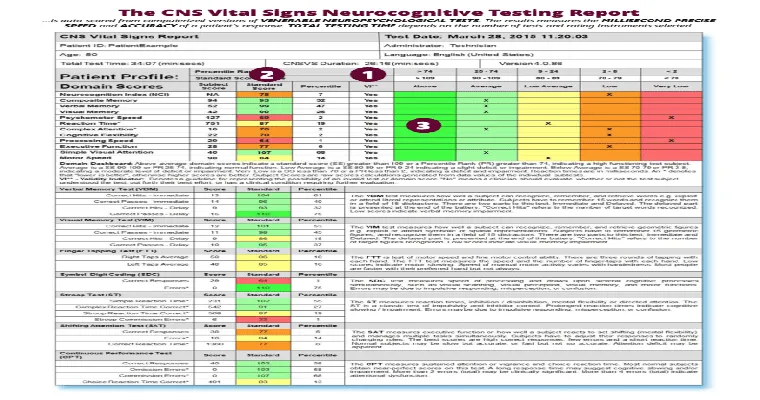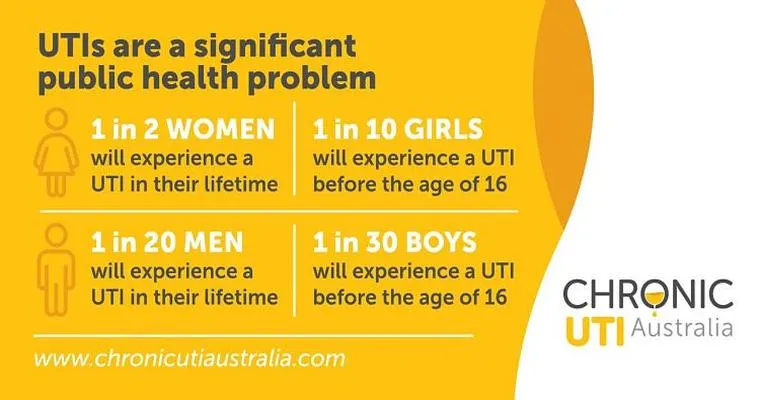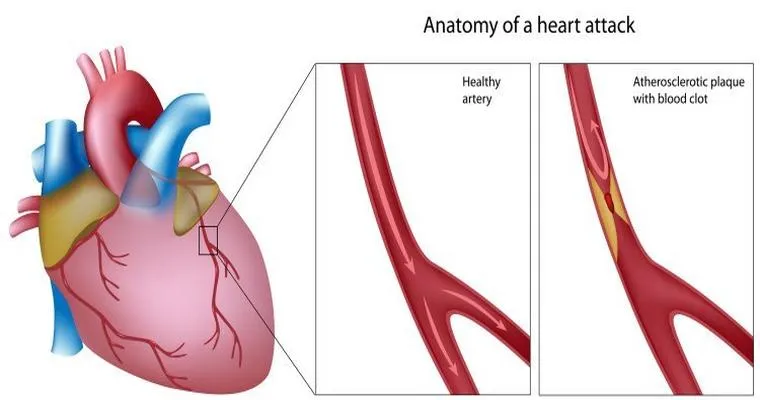In recent years, "neuro-psych evaluations" have become increasingly important in diagnosing and managing various "neurological disorders" and "mental health conditions". These evaluations provide critical insights into an individual’s cognitive abilities, emotional functioning, and behavioral patterns. As advancements in neuroscience and psychology continue to evolve, it is essential to stay updated on the latest trends and methodologies in neuro-psych evaluations.
Neuro-psych evaluations typically involve a comprehensive assessment conducted by a trained "neuropsychologist". This assessment includes a detailed interview, standardized testing, and observations of the individual’s behavior. The primary goal is to identify cognitive strengths and weaknesses, which can help inform treatment plans and interventions. Recent updates in this field have introduced new testing tools and techniques that enhance the accuracy and efficacy of these evaluations.
One significant advancement in neuro-psych evaluations is the integration of "neuroimaging techniques". Tools such as MRI and fMRI allow professionals to visualize brain activity and structure, providing additional context for cognitive assessments. This integration helps in better understanding conditions like "Alzheimer’s disease", "traumatic brain injury", and "ADHD", ultimately leading to more tailored treatment approaches.
Moreover, the rise of "telehealth" has transformed how neuro-psych evaluations are conducted. Remote assessments have become more common, allowing patients to receive evaluations from the comfort of their homes. This accessibility can be particularly beneficial for individuals in rural areas or those with mobility issues, ensuring they receive the necessary evaluations without unnecessary barriers.
Another notable trend is the growing emphasis on "cultural competence" in neuro-psych evaluations. As our understanding of diverse populations expands, it is crucial for neuropsychologists to consider cultural factors that may influence cognitive testing outcomes. Incorporating culturally relevant practices ensures that evaluations are fair and accurate, leading to better diagnostic results and treatment recommendations.
Furthermore, ongoing research into "neurodevelopmental disorders" has shed light on how early intervention can significantly improve long-term outcomes. Neuro-psych evaluations play a vital role in identifying these disorders in children, enabling timely support and resources for both the child and their family. This proactive approach is essential for fostering cognitive and emotional growth.
In conclusion, staying informed about the latest updates in neuro-psych evaluations is crucial for both healthcare professionals and patients. The incorporation of advanced neuroimaging techniques, the rise of telehealth, and the focus on cultural competence all contribute to more effective evaluations and improved patient outcomes. As the field continues to evolve, the importance of these evaluations in diagnosing and managing neurological and mental health conditions cannot be overstated. By understanding these advancements, individuals can make informed decisions about their mental health and cognitive care.





